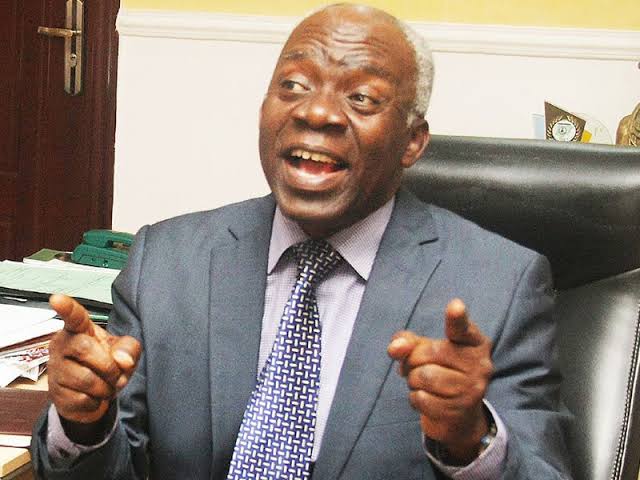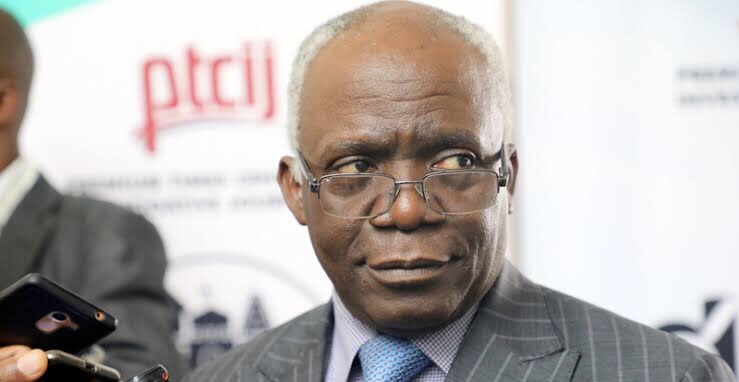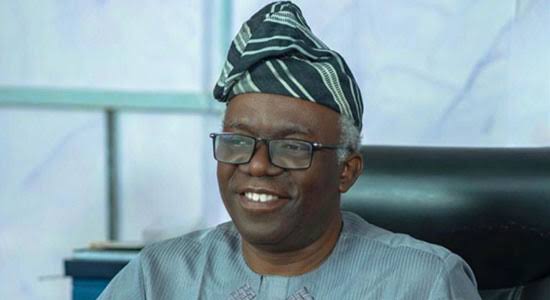Prominent human rights lawyer, Femi Falana, has boldly asserted that the nationwide protests scheduled to commence on August 1 will proceed regardless of any threats from the government or other entities.
Falana, known for his advocacy work and legal expertise, emphasized that the purpose of these demonstrations is to draw attention to the pervasive hardship faced by Nigerians across the country. Despite criticism from various quarters, including statements from organizations and the presidency, Falana remains resolute in his stance.
In a recent interview, Falana underscored the importance of the protests as a means to highlight the socio-economic challenges that have plagued Nigeria. He argued that peaceful protests are a fundamental right and a legitimate way for citizens to express their grievances and demand accountability from the government.
“The planned protests are a response to the widespread suffering that many Nigerians endure daily,” Falana explained. “It is a call for action to address issues such as unemployment, poverty, and the deteriorating living conditions that affect millions of people.”

Regarding the government’s response to the protests, Falana urged authorities to adopt a proactive approach rather than resorting to threats or repression. Drawing parallels with the #EndSARS protests of 2020, which gained international attention and widespread support, Falana suggested that dialogue and engagement with protest organizers could lead to constructive outcomes.
“They have channels through which they communicate. The government should utilize this opportunity to engage in meaningful dialogue with the organizers,” Falana suggested. “Identifying and addressing the concerns of the protesters is crucial to preventing escalation and fostering understanding.”
Falana also addressed the government’s attempts to discourage the protests through warnings and threats. He asserted that such tactics are counterproductive and often serve to amplify public support for the demonstrations.
“History has shown that attempts to suppress legitimate protests only strengthen the resolve of the people,” Falana remarked. “Instead of threats, the government should focus on addressing the substantive issues raised by the protesters.”
Furthermore, Falana emphasized the importance of accountability and transparency in governance. He called on the government to heed the demands of the protesters, which include calls for improved governance, economic reforms, and respect for human rights.

“The grievances expressed by the protesters are genuine and reflect deep-seated frustrations within society,” Falana stated. “It is incumbent upon the government to listen to these voices and take concrete steps towards addressing the root causes of discontent.”
As tensions continue to simmer ahead of the planned protests, Falana’s comments have resonated with many Nigerians who see the demonstrations as a pivotal moment for societal change and reform. The protests come at a time when the country is grappling with a range of challenges, including economic instability, security concerns, and political uncertainty.
Falana’s advocacy for peaceful protests and constructive dialogue underscores his commitment to upholding democratic principles and advancing social justice in Nigeria. As the nation prepares for August 1, all eyes will be on how the government responds to the calls for change and whether it chooses to engage with protesters in a manner that promotes unity and progress for all Nigerians.


































